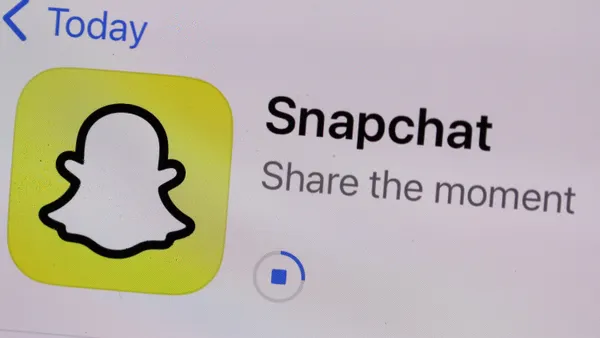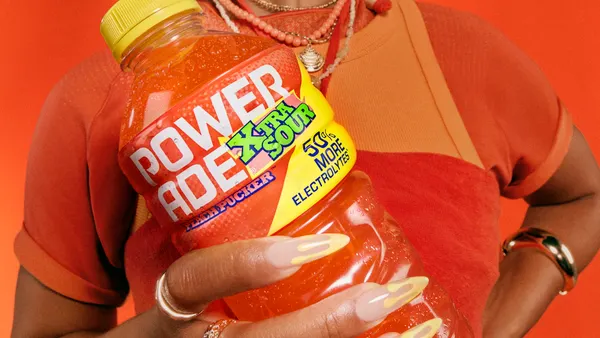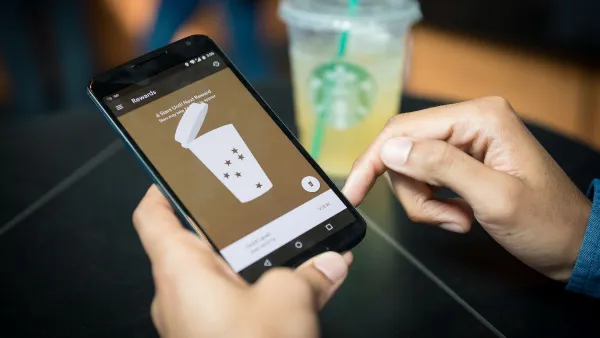Dive Brief:
- Digital consumption of content across Facebook properties, including the core Facebook platform, Messenger, Instagram and WhatsApp, dropped 7% in September, according to a new report from Pivotal Research Group analyst Brian Wieser written up in Fast Company.
- Facebook's core platform netted more users, but they're using the site less, leading to what Wieser estimates is a 20% decline in consumption per person. Facebook's overall consumption share of the digital market dropped from 16.5% in September 2017 to 14.3% currently. However, Facebook is still the second-most popular digital platform, behind Google at 32.5%. Verizon-owned properties place in third, accounting for just 3.7% of the market.
- The dip in content consumption comes as Facebook is experiencing business pressures elsewhere. The U.K.'s Information Commissioner Elizabeth Denham said the company needs to "significantly change" its business model and practices to maintain trust and avoid harsher regulatory scrutiny, according to Reuters. Facebook has been under investigation by the commissioner for how it handled personal data after the Cambridge Analytica scandal broke in March.
Dive Insight:
While Facebook remains a major digital player, the social network is showing some signs that its ongoing woes related to data privacy and transparency may be causing a broader slowdown for engagement on the platform. This could hinder its ongoing efforts to focus on things like the quality of time users spend on the site, though, as Fast Company notes, Facebook has intentionally adjusted its algorithm to focus less on publisher content, which could have had an affect on consumption habits. Still, a decline in content consumption could lead brands to pull back their ad spending and, in turn, have a big impact on Facebook, as it still derives the bulk of its revenue from advertising.
As Britain's Information Commissioner suggests, Facebook also still has ways to go in regaining user trust and revitalizing engagement. Consumer satisfaction with social media overall has dropped 1.4%, according to the American Customer Satisfaction Index's 2018 E-Business Report, making it the lowest among e-businesses. Facebook ranked near the bottom among the major platforms with a satisfaction score of 67 out of 100, and Facebook-owned Instagram dropped 4% to a score of 72.
Despite the Cambridge Analytica scandal and other privacy issues, Facebook hasn't experienced a mass exodus of advertisers. Average Facebook spend per month was about $140,000 in January 2018 and dropped to under $20,000 in May before climbing back up to just over $120,000 in August, according to C3 Metrics. However, the C3 analysis revealed that ad ROI, referring to attributed revenue dollars converted from ad dollars spent on Facebook, decreased from an index value of 2 in April to below 0.5 from May to August.
Facebook's Q3 2018 earnings reported last week fell short of analysts' estimates as well, another signal of the company's deceleration. The social network reported a 33% increase in revenue for a total of $13.73 billion, the lowest percentage increase in the past six years.
Facebook reported about 2.6 billion users per month across Facebook, Messenger, WhatsApp and Instagram. Daily active users in September sat at 1.49 billion, a 9% year-over-year increase but also a figure below analyst forecasts.











